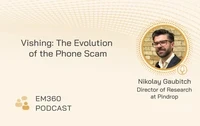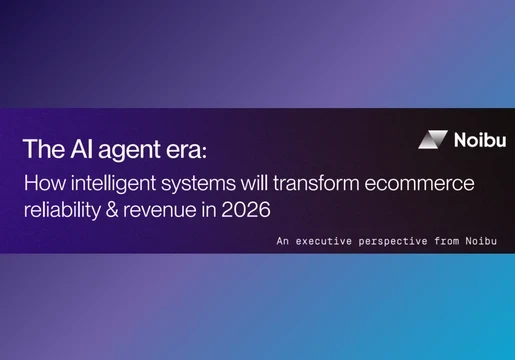The phone scam has been in the cybercriminal's playbook for decades, but the pandemic has lead to a sharp increase of these attacks. According to Eric Griffith from PC Mag, According to Eric Griffith from PC Mag, a well constructed phone scam can exploit more money than a scam conducted via email, social media, websites or apps. This becomes all the more concerning with our reliance on our phones in 2021, particularly when employees work from home.
With the increase of remote working and fewer people in conventional workplaces, the need for communication tools has of course increased, but call centres are now sifting through more work than anybody could have anticipated. For some, call volumes increased by 800%, which has created intense work pressure for employees. Cybercriminals have now adapted their phone scam methods to specifically target call centres, leaving them vulnerable to attacks and placing huge responsibilities on customer service staff.
The Evolution of the Phone Scam
Voice phishing, or 'Vishing', is a form of social engineering attack that is primarily used to steal privileged credentials from corporations. The aim is to manipulate the target into exposing a weakness in the company, leading to data leaks or cybertheft. Vishing is not new, but it evolves continuously; changes in the market lead to changes in behaviour, which lead to new tactics. Joining us on in this podcast is Nikolay Gaubitch, Director of Research at Pindrop. Throughout this podcast, Nikolay will explain the dangers of vishing, how it affects call centres and what you can do to protect your business from a devastating phone scam.








Comments ( 0 )